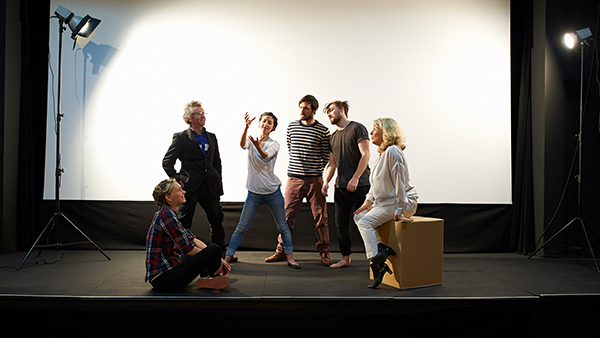Today is all about Education for the RSA. We are hosting our annual, standing room only Opening Minds Conference – poignantly there is also a report from the authoritative DCSF Select Committee MPs criticising SATS test (again).
There are two lessons to be learned. The first concerns the dynamics of policy development. Over time all policies end up generating unintended consequences. Today, when the Ofsted and league tables are part of every day life, and have a massive impact on school intake and by extension property prices it’s difficult to remember how relatively recent these measures are.
Before these were introduced there was a lack of information for parents to make informed decisions. Hundreds of schools were under performing year on year with few levers to tackle failure. SATS, league tables and published Ofsted inspections were not only necessary but inevitable in an age when the public demands, and can easily get hold of, more information. The democratising impact is that middle class parents always knew through the grapevine which schools were good and which not, the SATS system opened up that information to every parent.
The second is a lesson in humility. Systemic reform is difficult, not least when you need to admit that you may have been wrong. While the idea that schools should be held accountable for their pupils’ performance was absolutely correct, but the result is that pupils, teachers and parents now feel constrained rather than liberated.
The report from the DCSF Select Committee calls for a number of reforms to the current system; one of the most relevant to our mission here at the RSA is the renewed commitment to personal learning for pupils.
We have broadly welcomed the introduction of the new National Curriculum which is far more competency based (and in that way more similar to the Opening Minds Curriculum) and we are looking forward to broadening our curriculum for all the key stages with the Academy in Tipton.
The main criticism from MPs appears to be that the barrage of tests is being used, not only to assess pupils against national targets, but also to determine school funding, performance targets and teacher assessment. This creates a system where heads and teachers are understandably obsessed with testing ability, which leads to the aforementioned constraints on creativity in the classroom.
What is needed is a bit of thinking around how you motivate teachers to be creative in the classroom, and provide them with the tools for that creativity. Schools that teach solely to the test create linear thinkers who are good at memorizing facts and regurgitating them on demand – but schools whose teachers, parents, and pupils are actively engaged in a more imaginative learning process create lateral thinkers, able to work out solutions for themselves. And surely that’s what society needs.
Related articles
-
Vision and distinctiveness: An RSA Academies retrospective
Colin Hopkins
After 10 years, RSA Academies officially closed its activities on 31 March 2022. In that time the project has engaged some 15,000 children and young people. Read this retrospective analysis of the project from Colin Hopkins.
-
Four priorities for the cultural education workforce
Mark Londesborough
A recent workshop with RSA Fellows provided invaluable insight into the key concerns and opportunities facing cultural education workers and employers.
-




Be the first to write a comment
Comments
Please login to post a comment or reply
Don't have an account? Click here to register.